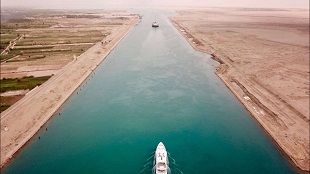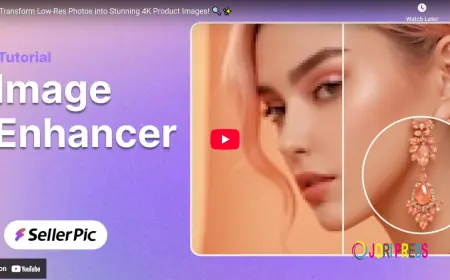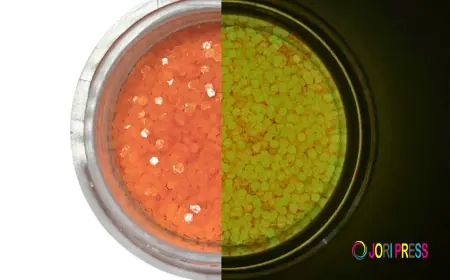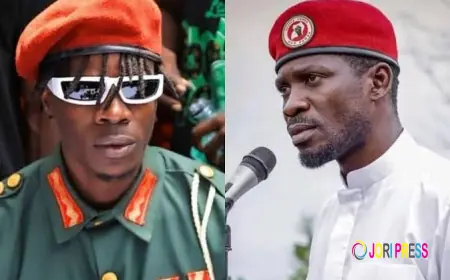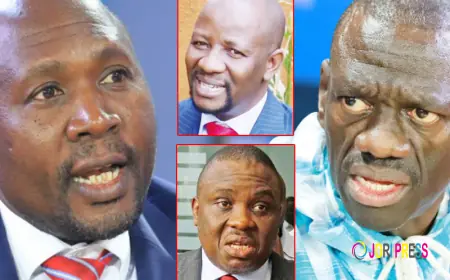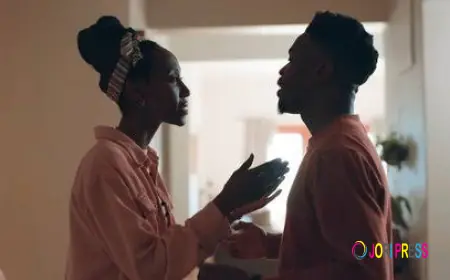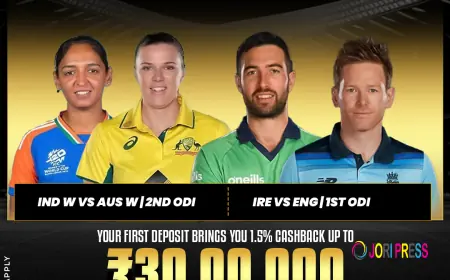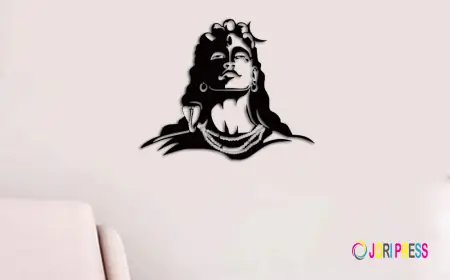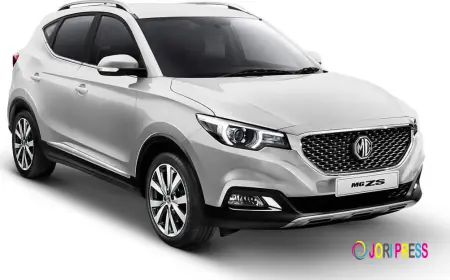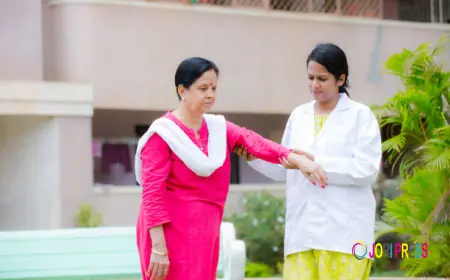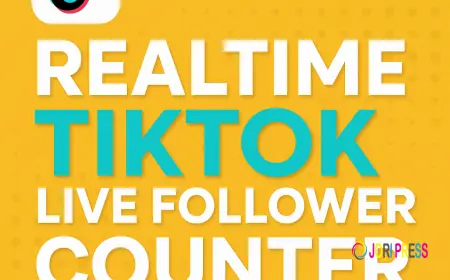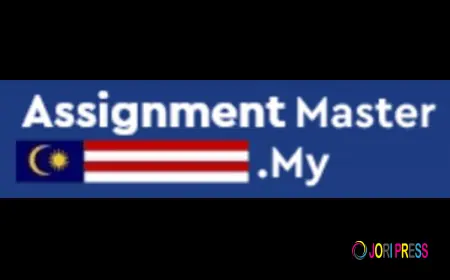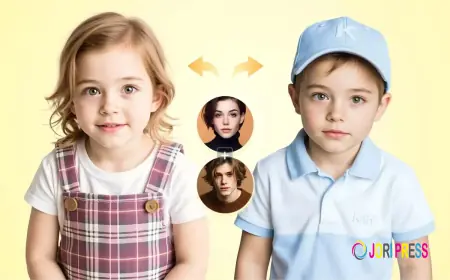African fashion designers want big business
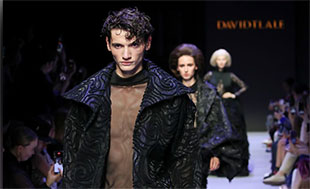

Africa’s fashion heritage is increasingly becoming a high-value export as designers secure trade deals at global fashion events and build supply chains.
SPECIAL REPORT | BIRD AGENCY | When David Tlale stepped onto the Moscow Fashion Week stage this month, it was not just another runway appearance but the continuation of a career defined by the South African designer’s zeal for reinvention and resilience. He arrived on the heels of his high-profile May styling of Precious Moloi-Motsepe at the Met Gala. The Vosloorus-born designer launched studios in Cape Town and Johannesburg in 2003 and has steadily rebuilt South African couture into a viable export market. Tlale, a regular on Moscow’s runways, framed his latest showing around commerciality and manufacturing partnerships.
“My vision is that when you talk about fashion weeks in Paris, New York, or Milan, Johannesburg or Lagos should be on that same breath,” Tlale said during a 2025 interview ahead of the Moscow show. “We are not just creating clothes, we are building an industry.”
His comments underscore how African designers are increasingly using international runways not only to showcase collections but also to negotiate trade, retail and manufacturing opportunities. This shift is pushing Africa’s fashion sector into the realm of serious business, drawing attention from investors, trade bodies and governments across multiple continents.
According to the African Development Bank, the continent’s textile and apparel industry has the potential to reach US$15.5 billion in annual exports by 2030 if value chain integration continues. From Nigeria’s Kenneth Ize, who has taken Aso Oke weaving traditions to Paris and beyond while building a global luxury label, to Ghanaian-British designer Ozwald Boateng’s long-standing presence on Savile Row, African designers are becoming recurring fixtures whose influence extends beyond aesthetics into the mechanics of how the fashion industry trades and grows.
According to Ize, “The actual beauty people can see in the work is because we have the freedom to create what we want to create. The goal now is to actually bring weaving into the Nigerian school curriculum … But we also want to train adults, so we are building a site in Ilorin, as I want people to be able to come to my home country and learn something,” he is quoted on CNN Style.
This momentum was visible in Moscow, where Kenyan designer Brian James Kihindas joined Tlale with a collection that merged beadwork traditions with contemporary tailoring. His pieces, showcased alongside BRICS+ designers, caught the eye of Asian buyers and sparked conversations on supply chain collaborations. Similar visibility has been earned by South Africa’s Thebe Magugu, whose partnerships with international retailers and recognition from the LVMH Prize have turned his label into one of the continent’s most export-ready brands.
It is also reflected in the rise of Lagos-based womenswear brand Hertunba, founded by Nigerian designer Florentina Agu. Her label, built on sustainable production and a commitment to women’s empowerment, has gained traction for its mix of fluid silhouettes and bold prints. Agu uses fashion weeks as stages for visibility but also as points of entry into new markets. She has taken Hertunba to Paris, London and, most recently, Seoul Fashion Week.
As Agu puts it, “Can fashion be playful, and sustainable while filling the gap it was expected to?” according to Essence.
Her expansion underscores the seriousness with which African designers are approaching the business of fashion, moving beyond visibility to lock in distribution, retail and global partnerships. The Moscow Fashion Week and BRICS+ Fashion Summit in September were structured to link creative showcases with trade and industry sessions. For African participants, this was an opportunity not only to display talent but also to claim space in the global fashion value chain.
That connection is reinforced by the continent’s own busy fashion calendar. Lagos Fashion Week is set for October 29 to November 2, Dakar Fashion Week for December 3 to 7, and Swahili Fashion Week for December 5 to 7 in Dar es Salaam. Earlier in the year, Cape Town and Nairobi already staged their flagship shows, confirming that Africa now runs a circuit recognized internationally. These events serve as both creative showcases and business-to-business platforms, often drawing buyers, press and investors from across the globe.
The diversification of names emerging from Africa’s fashion sector underscores the breadth of this momentum. Nigerian brand Orange Culture, led by Adebayo Oke-Lawal, has secured international stockists while promoting gender-fluid fashion narratives. South African duo MMUSOMAXWELL have expanded from Johannesburg Fashion Week into Paris showrooms. Meanwhile, Ghanaian designer Christie Brown continues to turn heritage prints into collections that attract diaspora buyers in the US and UK. These shifts are being amplified by investment from African and global stakeholders.
Africa’s largely youthful generation of fashion entrepreneurs is leveraging digital platforms. Instagram, TikTok and direct-to-consumer e-commerce channels are expanding the global visibility of African brands, enabling designers to bypass traditional gatekeepers and connect directly with buyers.
****



